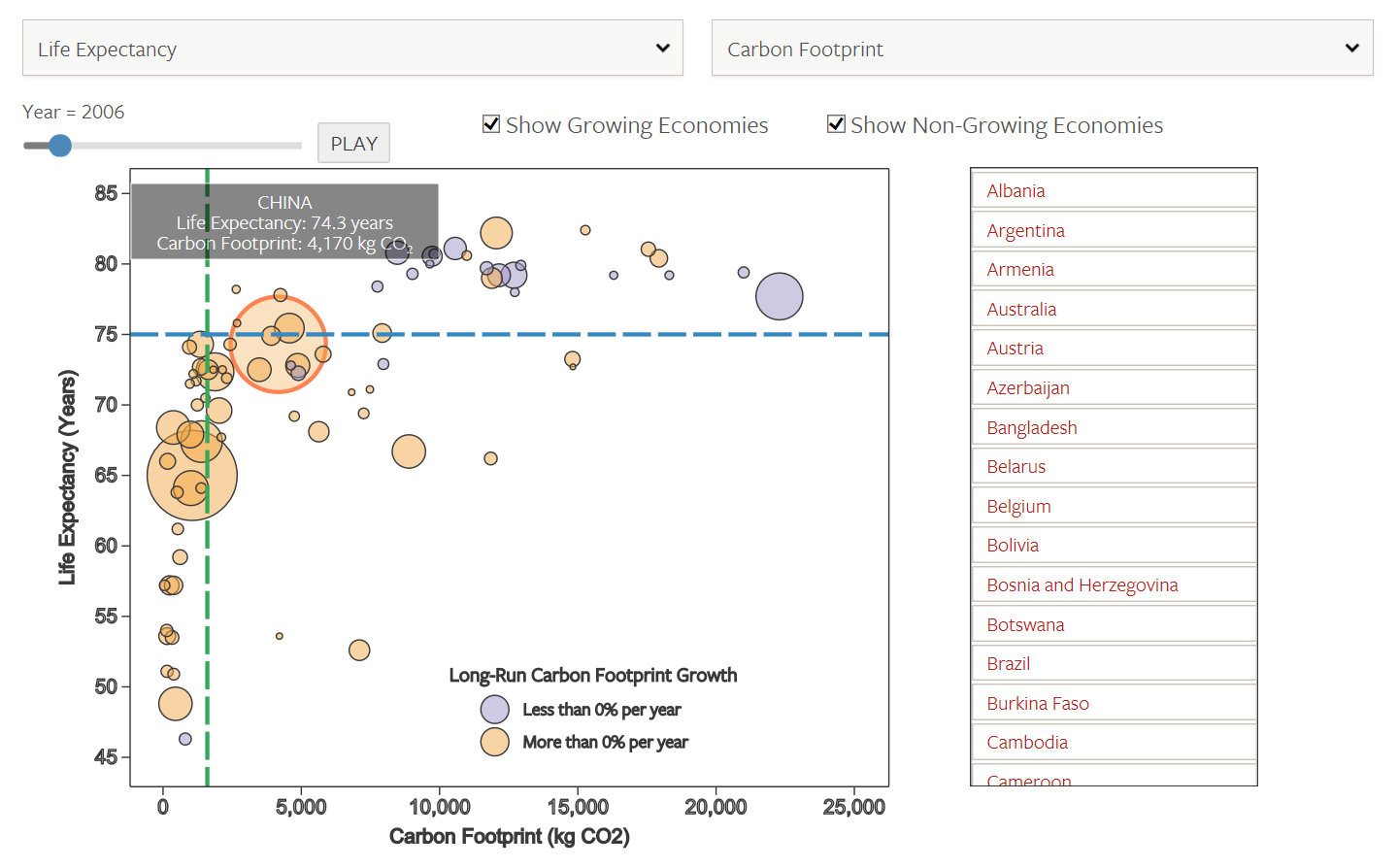By Kanchi Kohli and Manju Menon
Is the world going through an environmental crisis? If yes, who has caused it and where does the onus to remedy it lie? If one is to go by the policy debates and outcomes worldwide, the existence of a crisis seems established, the attribution contested, and the road map for remedies under perpetual review. Each year several international conventions revisit their priorities and national governments review their responses to problems of deforestation, biodiversity loss, climate change, water availability and pollution.
A collection of essays in the edited volume, Business Interests and the Environmental Crisis, brings together analyses on how the policy discourse on the environmental crisis has borrowed economic and trade principles to address the ‘environmental’ problem. The discussions and negotiations are to account for the “scarcity” of nature.
If nature is no longer available in plenty, how should one view it, value it and live with it? These are at the root of the conversations at international environmental gatherings. Our attempt has been to understand these conversations through four elements: the commodity, the pricing or valuation, the ownership, and the regulation. While trying to find solutions to a crisis, how does nature come to be viewed as a commodity and what might have prompted the introduction of the principles of valuation and compensation while presenting solutions? Where do these solutions interface with the demands for defining clear property rights and putting in place a regulatory framework to shape our consumption of the environment?
Mediating these concerns is a whole host of actors that include scientists, policy makers, economists, legal experts, NGOs, environmental activists, indigenous community leaders and heads of state. Many of them acknowledge that businesses may be the cause or part of the problem, but bring with them a range of solutions to save the world from further degradation.
Over the years, businesses have also been persuaded by their own interests, as well as the conservation community that being a partner in resolving the environmental crisis makes economic sense in the long run. It is not surprising then that several international conventions and global congregations have set up formal dialogues between seemingly polarised entities such as affected parties and private corporations.
The essays present how “accountants and ecologists, bankers and biologists, governments and communities, private sector and international NGOs” come together to form a network of experts and philanthropists presenting answers to resolve the environmental crisis. This network is in action in varied spaces; in villages and cities, in courtrooms, in government chambers, corporate boardrooms as well as international conference halls.
The policy solutions and formats that emerge from these negotiations rely on commitments between parties, which mirror fiscal contracts, and tender agreements. Trading and investments in bioresources are presented as philanthropic and green initiatives of corporations for a better world or a healthier planet. However, these partnerships and contracts “blur the distinctions between the public and private, choice and obligation, processes and commodities, producers and consumers, benefits and costs, legality and corruption.”
The proposed policy solutions to the environmental crisis lie within the principle of limitless growth. The book attempts to analyse how these processes turn, “land, water, forests, human, animal and plant life into commodities that can be bought and sold legally.” For instance, “land is a site, water is hydro resource or bottled drinks, forests are carbon stocks, human bodies are construction or forest migrant labour, animal and plant life are genetic material, enzymes and hormones. They are all fungible, mobile and tradable commodities.” They treat local uses of nature as wasteful with an attempt to reallocate it to more efficient investors.
The thematic essays explore and critically reflect the theme of the book through a range of sectors and “solutions”. These include water pricing, climate change, forest rights, access and benefit sharing, knowledge privatization, coal extraction and the commodification of built space. They are organized into two separate sections. The first four essays explore how distinct forms of knowledge about nature is introduced into policy by the use of new terms, values, formats for exchange, and formulae. These are being used increasingly to account for the loss of nature and for offsetting these losses. The second section looks into the political arrangements of these spaces of problem solving. This engagement is not without a critique and is with the purpose of democratizing the solutions to achieve fair and equitable outcomes
As the introductory chapter in the book concludes, the essays are “reflective pieces by environmental activists and researchers who have watched closely or participated in the efforts to find solutions to the environmental crisis. Even as high profile negotiations between big business and conservation groups continue to present win-win possibilities, these pieces clearly highlight the political and ecological limits of such business led solutions.”

Ten years ago G20 leaders committed a staggering $5 trillion of public funds to rescue the banks and restore growth during the largest economic contraction in modern times. The economies of an unprecedented number of countries — and their associated environmental footprints — experienced very low growth over the decade that followed. In a recent study published in the Journal of Cleaner Prod...

Die UTOPIKON ist jetzt vorbei und der Beweis ist erbracht: es ist absolut möglich, eine "echte" Konferenz mit Keynotes, Workshops, Verpflegung und allem, was dazugehört, geldfrei, vegan, ökologisch und solidarisch zu organisieren. Gleichzeitig hat die Konferenz auch noch unglaublich viel Spaß gemacht: selber etwas zu erleben, von dem es geheißen hatte, das das ja eigentlich gar nicht geht, ha...
Dieser Text ist eine gekürzte Fassung des Attac-Beitrags für "Degrowth in Bewegung(en)" Als Attac Ende der 90er-Jahre gegründet wurde, schien das Dogma der Alternativlosigkeit gesellschaftlicher Verhältnisse festzustehen. Auch viele Menschen, die mit diesen Verhältnissen keineswegs einverstanden waren, konnten sich ihre Überwindung kaum vorstellen. Deshalb war die Botschaft, eine andere Welt s...